Fatigue
Heart attacks don't discriminate. They can affect anyone. Heart disease is the leading cause of death for women in the United States.
Everyone feels fatigue in today's society.


There are factors that set men and women apart when it comes to heart disease. Read on to recognize these crucial differences and warning signs.
However, a sudden and un-explainable feeling of fatigue may be an unknown indicator of an underlying heart disease.
Fatigue
Therefore, it would beneficial if you carefully monitor your well-being.
Regular medical checks will eventually reduce the possibility of heart attacks.
Chest Pain
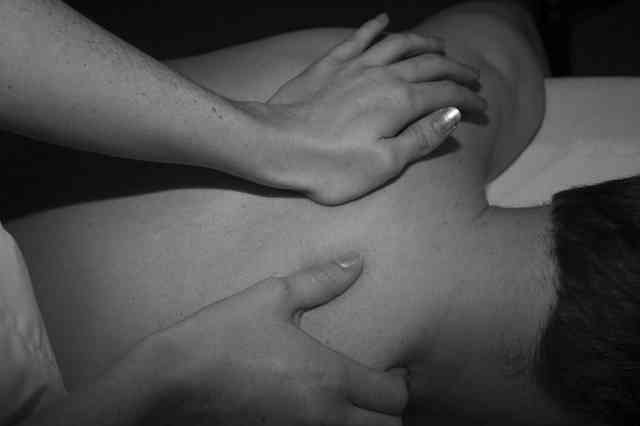
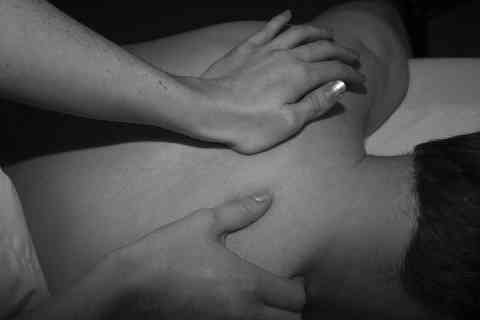
For men, a typical sign of heart attacks is crushing chest pain.
Back Pain
An unusual sign for women having a heart attack is upper back pain.
Indigestion
During heart attacks, men and women can have indigestion.


With upper back pain, this could be a sign of a pending heart attack in women.
Indigestion
Thus, once the organism is displaying such behavior, it is vital to take notes and visit a doctor.
Anxiety


For women more so than men, a feeling of anxiety and angst along with other common symptoms could be an indicator of pending heart disease.
Anxiety
In essence, it could be anything.
However, if it is prolonged and there are no signs of feeling better, immediate treatment should follow.
Dizziness
For men and women, dizziness can be a sign of a heart attack. If your family has a history of heart disease, seek medical attention immediately.
Dizziness
Again, if symptoms are systematic, it is critical to visit a doctor and get treated.
Sweaty Palms
Sweaty Palms
Clearly, sweat is produced from all kind of activities, although if by any chance your palm is sweating for no reason, the algorithm is simple.
Visit a doctor and get some rest.
Pain/Ache In Jaw
Women, more than men, indicate jaw pain when describing signs and symptoms that led up to their heart attacks. Women should take jaw pain seriously.
Pain/Ache In Jaw
Women's most common heart attack symptom is chest pain or discomfort. But women are somewhat more likely than men to experience some of the other common symptoms, particularly shortness of breath, nausea/vomiting, and back or jaw pain.
Learn about the warning signs of heart attack in women.
Pain In Both Arms
For men, it's typical to have pain in one arm while for women it is not uncommon to have pain equally in both arms.


Pain In Both Arms
This syndrome is characterized by radiating pain that can extend from your wrist to your upper arm or shoulder.
Overall Discomfort
Malaise is a feeling of general discomfort, uneasiness or pain, often the first indication of an infection or other disease. The word has existed in the French language since at least the 12th century.
Overall Discomfort
Men are more likely to report overall discomfort before a heart attack three times more than women do.
This could be a heart attack happening.
Stomach Pain
Stomach pain is one of the many signs of possibly having a heart attack.
This holds true equally for both men and for women, so watch for this one.
Stomach Pain
Abdominal pain can be difficult to diagnose. There are a variety of causes and locations of abdominal pain.


Palpitations
Palpitations are the perceived abnormality of the heartbeat characterized by awareness of cardiac muscle contractions in the chest: hard, fast and/or irregular beats, as well as pauses. It is both a symptom reported by the patient and a medical diagnosis.
Palpitation is frequently associated with anxiety and does not necessarily indicate a structural or functional abnormality of the heart, but it can be a symptom arising from an objectively rapid or irregular heartbeat.
Palpitations
Both men and women having a heart attack will experience heart palpitations.
What feels like fluttering in the chest could be a pending heart attack.
Shortness Of Breath
Most cases of shortness of breath are due to heart or lung conditions.
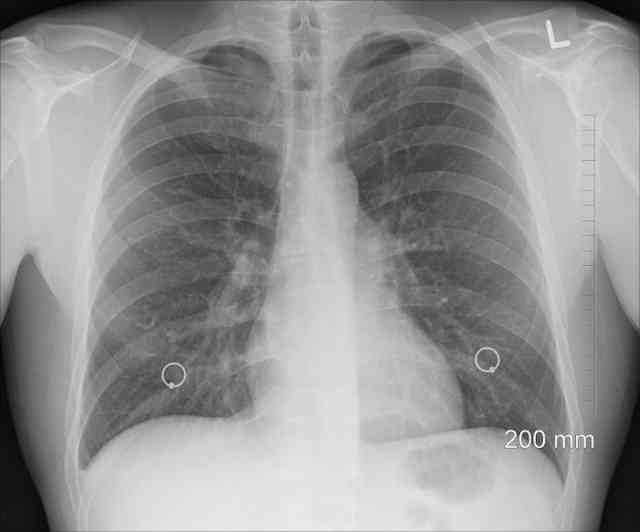
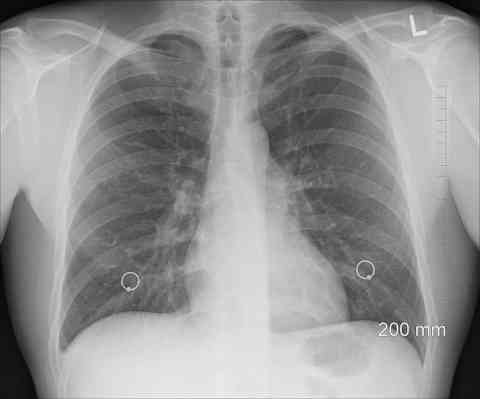
Your heart and lungs are involved in transporting oxygen to your tissues and removing carbon dioxide, and problems with either of these processes affect your breathing.
Shortness Of Breath
One of the tell-tale signs of having heart attacks is shortness of breath.
This potential symptom is reported to be common among both men and women
Nausea Or Vomiting
Almost four times as many women as men have reported nausea or vomiting as one of their symptoms before the onset of their heart attacks
Nausea Or Vomiting
Nausea and vomiting are not diseases, but rather are symptoms of many different conditions, such as infection ("stomach flu"), food poisoning, motion sickness, overeating, blocked intestine, illness, concussion or brain injury, appendicitis, and migraines.
Un-explainable Weakness
Some women report having upper back pain with unexplainable weakness without even experiencing chest pains.
Un-explainable Weakness
Weakness is a decrease in the strength in one or more muscles. In the strictest sense, the medical definition of weakness refers to loss of muscle strength, and this article is focused upon conditions that can result in a measurable loss of muscle function.
A Feeling Of Fullness
Women are more likely to report vomiting while more men experience indigestion. However, a feeling of fullness is common to both men and women equally.
A Feeling Of Fullness
Symptoms of dyspepsia include upper abdominal pain or discomfort and frequently include symptoms of burning, pressure, or fullness often, but not necessarily, related to meals.


Other common symptoms include early feeling of fullness (satiety), nausea, belching, and bloating
Pain In Neck And Shoulders
Both men and women have reported pain in the neck and in the shoulders, as well as reporting pain in their chest and left arms.
Pain In Neck And Shoulders
The most common cause of shoulder pain and neck pain is injury to the soft tissues, including the muscles, tendons, and ligaments within these structures.
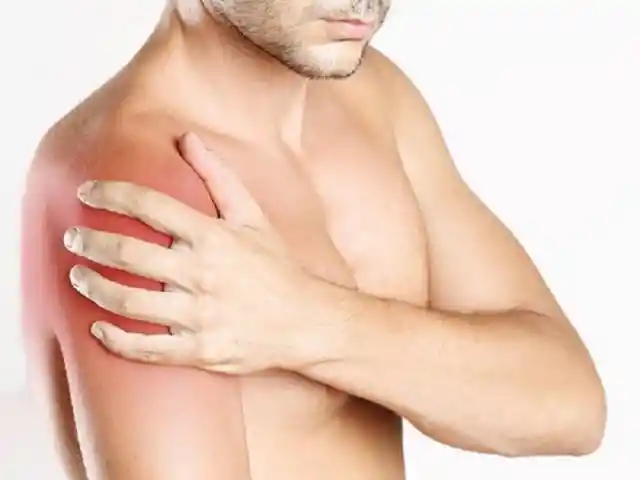
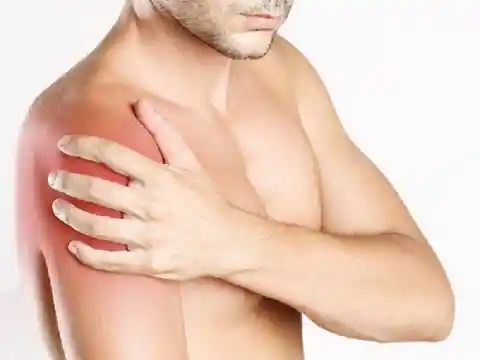
Degenerative arthritis of the spine in the neck (cervical spine) can pinch nerves that can cause both neck pain and shoulder pain
Unusual Pallor
Any time there's unusual change in the pallor of your skin, there's cause for concern.
It could possibly be a heart attack happening.
Unusual Pallor
Paleness, also known as pale complexion or pallor, is an unusual lightness of skin color as compared to your normal complexion.
Paleness may be caused by reduced blood flow and oxygen or by a decreased number of red blood cells
Fainting


While women are known to faint more than men, any time there is a feeling of being faint is cause for concern for both genders.
Fainting
Fainting, also called syncope, is a sudden, brief loss of consciousness and posture caused by decreased blood flow to the brain.
The Chills
Getting the chills is often associated with the flu or an oncoming stomach bug. For persistent chills, be on the lookout for possible signs of heart attack.


The Chills
Chills are feelings of coldness accompanied by shivering. They may arise with or without fever. Without fever, chills typically arise after exposure to a cold environment.
... Fever and chills are common symptoms of influenza infection (the flu)
Crushing Chest Pain
Of course, crushing chest pain is a sure sign of a pending heart attack for both a man or a woman. Seek medical help immediately.
Crushing Chest Pain
Myocardial infarction (heart attack). Though similar to angina chest pain, a heart attack is usually a more severe, crushing pain usually in the center or left side of the chest and is not relieved by rest.
Sweating, nausea, shortness of breath, or severe weakness may accompany the pain